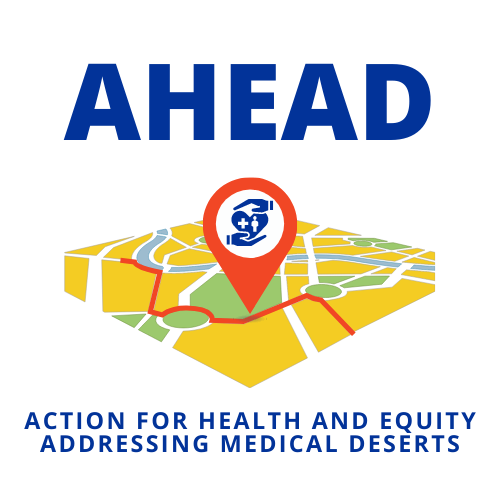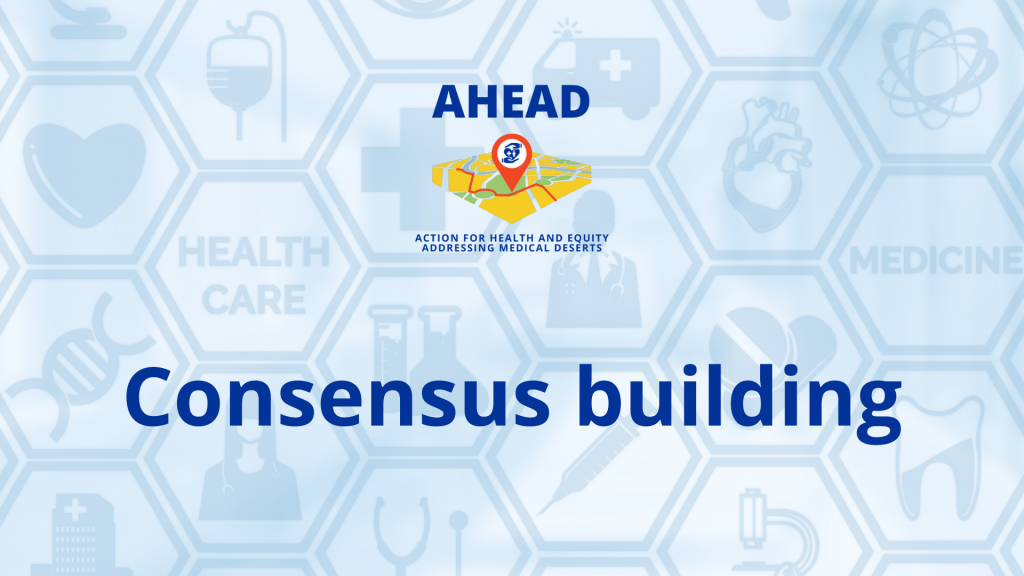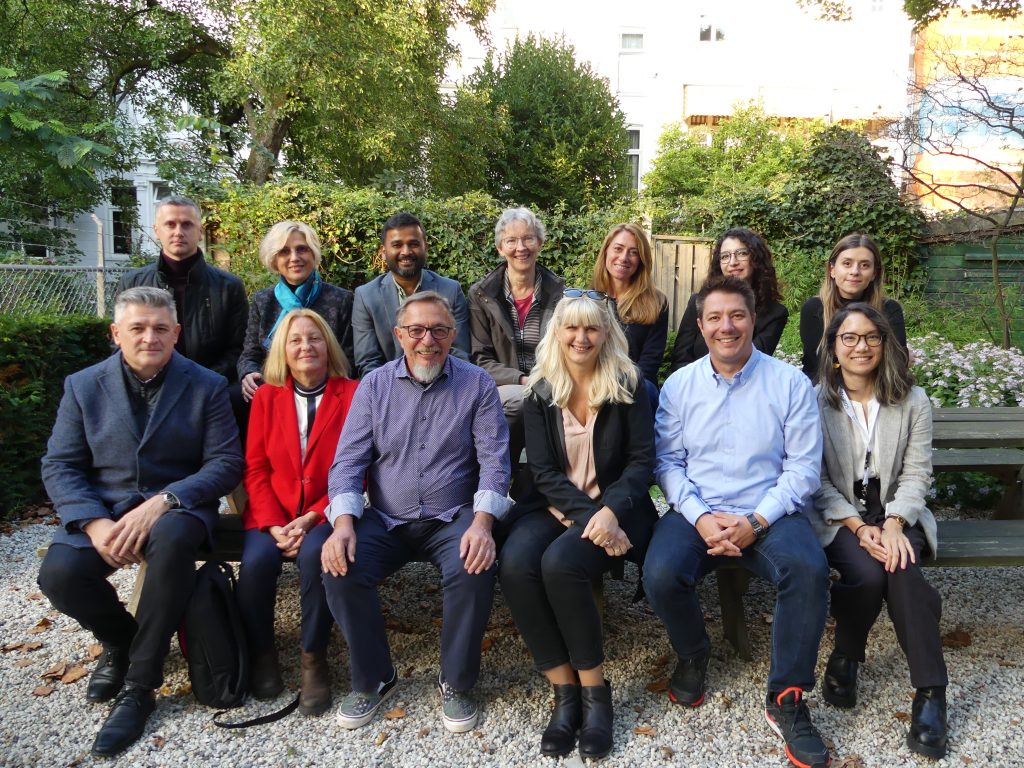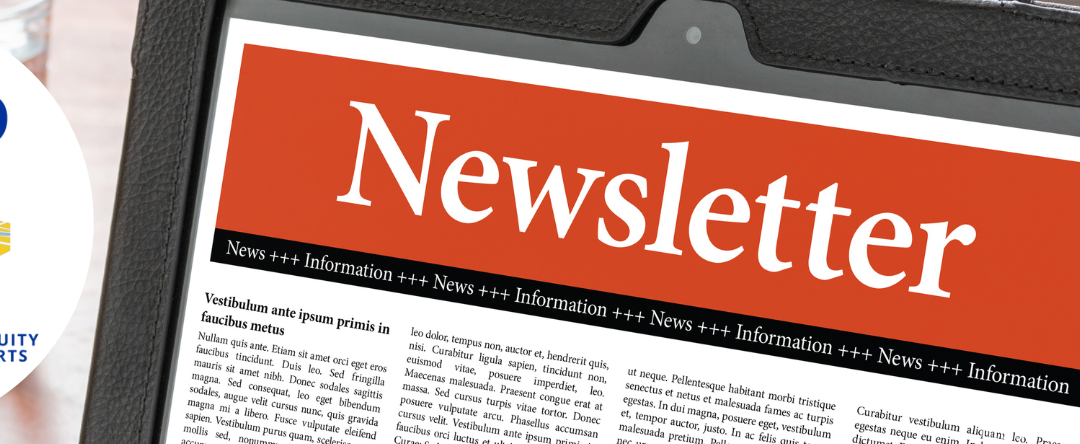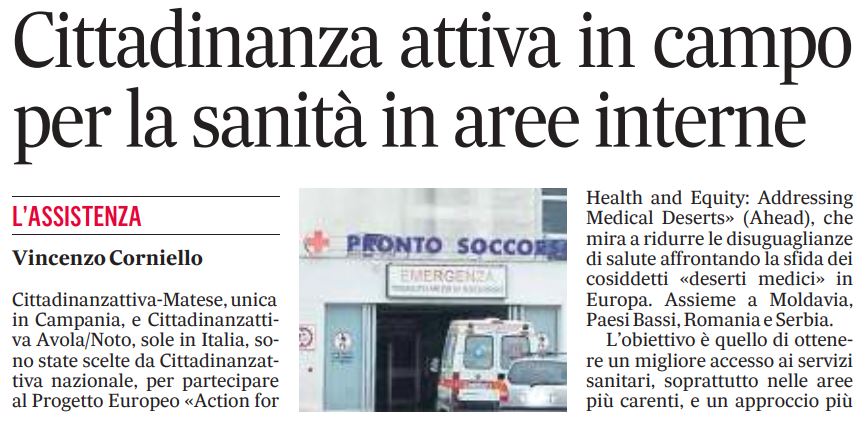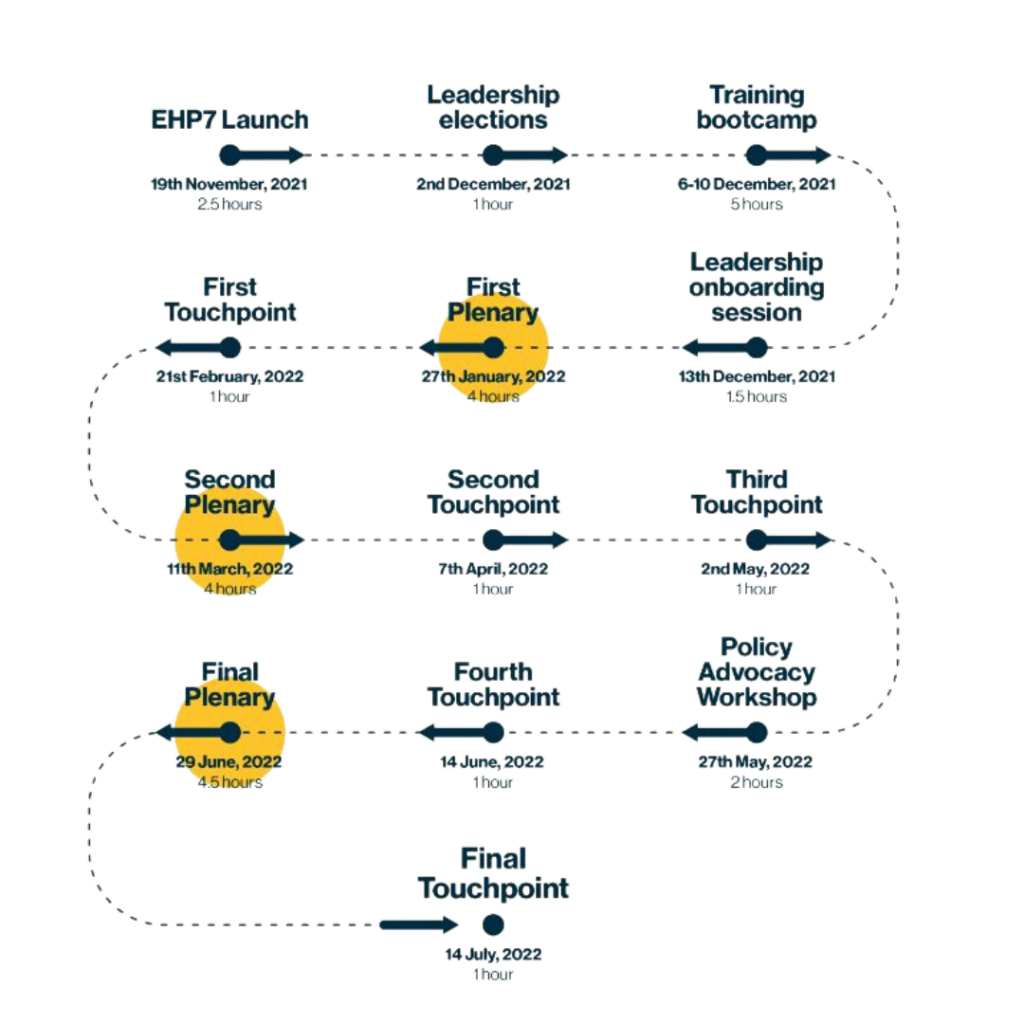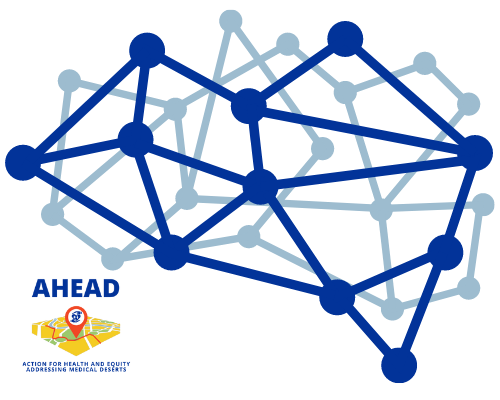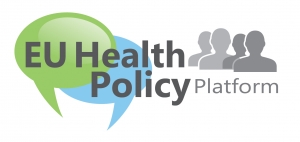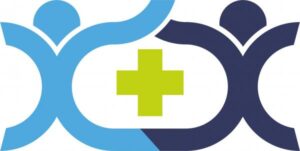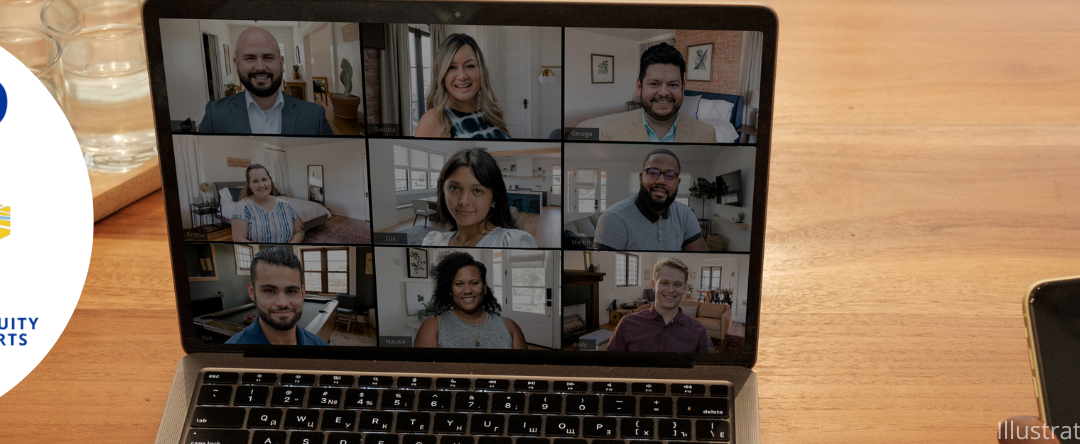
Webinar on Nov 21: how to tackle and prevent medical deserts with the Medical Deserts Diagnostic Tool
On November 21st, AHEAD will organise a webinar about tackling and preventing medical deserts with our Medical Deserts Diagnostic Tool, which policymakers and others can use for evidence-based policy measures to address medical deserts.
Our tool includes interactive maps that visualize indicators related to different aspects of desertification in the focus countries of our project, i.e. Italy, Moldova, the Netherlands, Romania and Serbia. For example, it shows the number of general-practitioners (GPs) in provinces in Italy, visualizing the density of GPs and therefore showing an indication of which areas (and their inhabitants) are vulnerable to the process of medical desertification.
Our tool also includes an updated working definition of medical desertification, as well as medical desertification index calculation methodology, which researchers can apply to their own research and/or context.
During our webinar on November 21st, we will:
- Share our updated working definition of medical deserts (based on our research)
- Show our Medical Deserts Diagnostic Tool and maps, and explain how researchers, policy makers and other interested parties can use these for evidence-based policy solutions to identify, tackle and prevent medical deserts.
It will be an interactive webinar with ample time for Q&A.
Moderator: Stefan Mandic-Rajcevic (data research analyst and medical doctor (University of Belgrade, Serbia)).
Representatives from the AHEAD country teams will talk about their experience with applying the Medical Deserts Diagnostic Tool in their countries.
Date: Mon November 21st, 2022
Time: 12:00 – 13:00 (CET)
Language: English
Register here: Zoom
